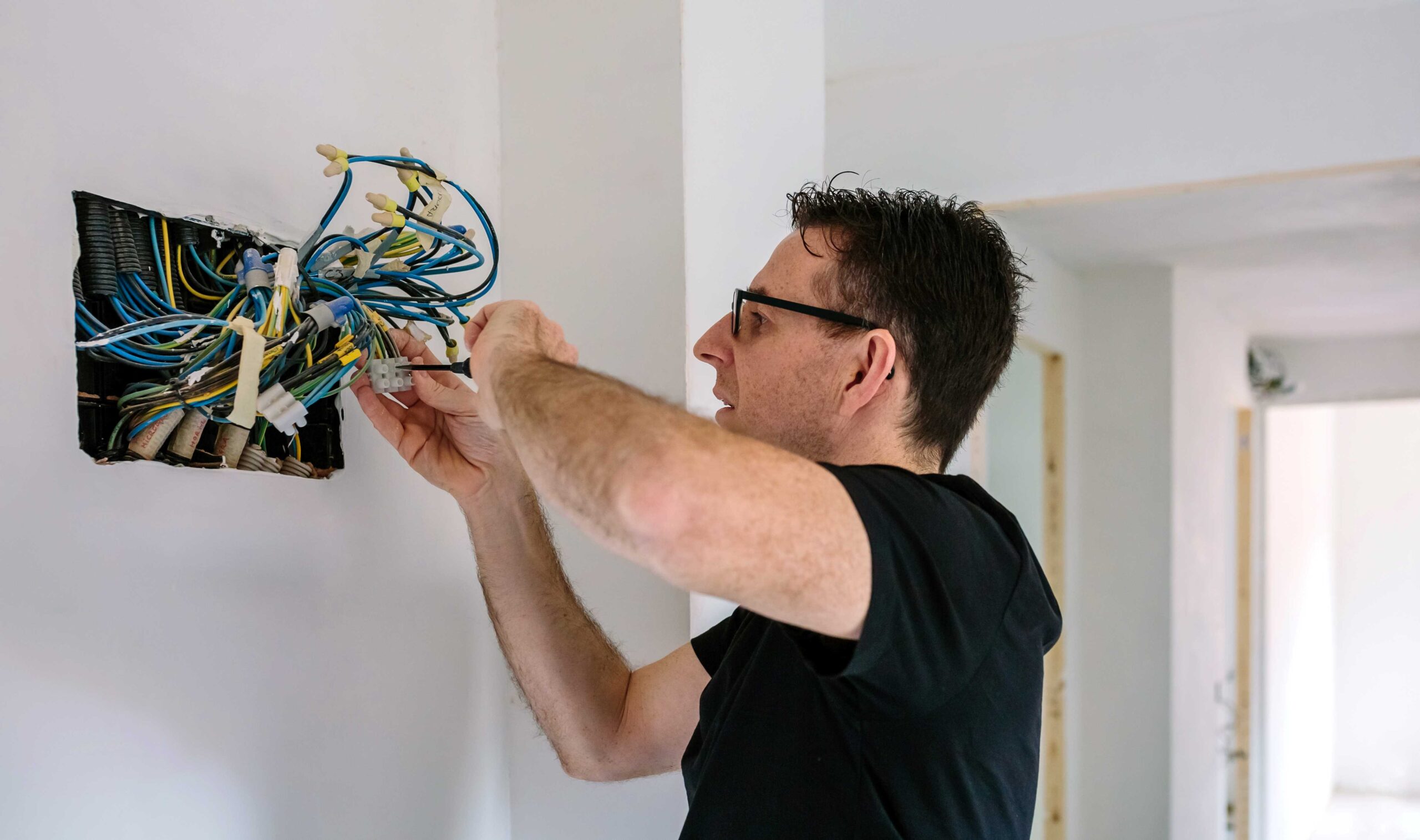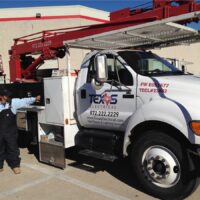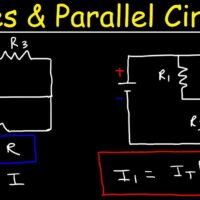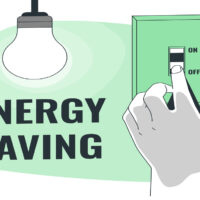House wiring is the electrical system that distributes power throughout a residential building. It consists of a network of wires, outlets, switches, and other components.
Ensuring a home has a safe and efficient electrical system is crucial for powering appliances, lighting, and devices. Proper house wiring follows standard codes and regulations to prevent hazards such as electrical fires or shocks. Expert electricians are essential for the installation and maintenance of this hidden yet vital infrastructure that energizes our everyday lives.
The quality and structure of house wiring significantly impact the functionality and safety of a house’s electrical system, and it requires careful planning, installation, and regular checks to keep it in optimal condition.
Importance Of Proper House Wiring
The foundation of a safe home lies in its wiring system. Proper house wiring is critical for maintaining functionality and safety. A well-executed wiring plan not only powers your daily life but also keeps potential hazards at bay. Let’s delve into why getting your wiring right is a crucial aspect of home maintenance.
Safety Measures
Ensuring effective safety measures is a top priority in house wiring. Quality insulation and the right wire gauge prevent overheating. Circuit breakers and fuses act as safeguards against excess current. Ground wires redirect electrical surges away from appliances and people. These components form a robust defense against electrical mishaps.
- Adequate Insulation: Prevents wire exposure and electrical shocks.
- Proper Wire Gauge: Accommodates electrical loads without overheating.
- Circuit Breakers: Interrupt power flow during overload, protecting the circuit.
- Ground Wires: Essential for diverting stray electrical currents.
Preventing Electrical Fires
Statistics show that improper wiring significantly contributes to house fires. By adhering to electrical standards and codes, risks are minimized drastically. Quality materials, professional installation, and regular inspections protect against electrical fires. Smoke detectors and fire-resistant materials add layers of security.
| Material/Component | Role in Fire Prevention |
|---|---|
| Quality Wiring | Reduces chances of overheating and sparks. |
| Smoke Detectors | Early fire detection gives time to act. |
| Professional Installation | Ensures adherence to safety standards. |
| Regular Inspection | Identifies potential hazards for timely correction. |
Types Of Wiring Systems
Understanding the different types of wiring systems is crucial for a safe and efficient home. Over the years, many materials and methods have emerged. Each system has its benefits and potential drawbacks. Familiarity with these will guide homeowners and electricians in maintaining and upgrading home electrical systems.
Knob And Tube Wiring
Knob and Tube (K&T) is an early wiring method. Electricians used it from the 1880s to the 1940s. Although outdated, some old houses still have this system. It features porcelain insulators (knobs) for running wires through open air. Porcelain tubes protect wires that pass through wooden framing members.
- Pros: It has air space around wires, which helps dissipate heat.
- Cons: It lacks a grounding path, which can be a serious safety concern.
Aluminum Wiring
In the 1960s and 1970s, aluminum wiring was a popular cost-effective alternative to copper. It’s lighter and easier to work with.
| Advantages | Disadvantages |
|---|---|
| Cost-efficient | Expands and contracts more than copper |
| Lightweight | Prone to loose connections and arcing |
Copper Wiring
Copper wiring is the most common in modern homes. High conductivity and durability make it a preferred choice for electricians.
- Better conductivity than aluminum
- Resistant to corrosion
- More secure connections
Overall, copper wiring provides a safer and more reliable electrical system for today’s homes.
Common House Wiring Issues
House wiring is like the nervous system of your home. It keeps lights on and appliances running. Just like any system, it can have issues. Let’s explore the most common house wiring problems. Knowing these can help prevent dangers and costly repairs.
Overloading Circuits
Overloaded circuits are a top reason for wiring issues. How does this happen? Too many appliances on one circuit. This overloads and can cause fires. Below are signs to watch for:
- Flickering lights
- Outlets not working
- Burnt outlet smell
Preventing this is key. Spread out high-power appliances. Do not plug many into one outlet.
Faulty Wiring Connections
Another issue is faulty wiring connections. They can spark and cause fires. Loose connections often cause these problems.
| Sign | Possible Cause | Fix |
|---|---|---|
| Sparks from outlet | Loose connection | Check connections |
| Tripping breakers | Worn connections | Replace or repair |
A pro should fix these for safety.
Aging Wiring
Older homes might have aging wiring. This wears out over time. This can bring risk and loss of efficiency. Symptoms include:
- Constantly blown fuses
- Shocking switches or outlets
Updating old wiring is best. A licensed electrician can make sure your home is safe.
Signs Of Faulty House Wiring
The safety and functionality of your home rely heavily on the electrical system. Recognizing the symptoms of faulty house wiring is crucial. This knowledge can help prevent hazardous situations. Pay attention to these warning signs:
Flickering Lights
When lights flicker, it often signals an issue with your home’s electrical wiring. Steady electrical flow maintains consistent lighting. Flickers may suggest loose wiring or an overloaded circuit. It is wise to address these issues promptly. Consistent or frequent flickering needs immediate attention.
Burning Smell
A burning odor originating from outlets or switchboards is alarming. This scent may indicate wires overheating. Discoloration around switch plates or outlets is another red flag. Turn off the power and contact a professional without delay when this occurs.
Electrical Shocks
Experiencing a shock when touching appliances can be a direct warning of wiring problems. Faulty grounding or damaged wires contribute to these shocks. For safety, seek immediate inspections and repairs if shocks are detected.
Note: If you encounter any of these signs, it’s crucial to hire a licensed electrician to evaluate and fix the issues. This intervention will safeguard your home and loved ones from electrical mishaps.
Benefits Of Upgrading House Wiring
Old house wiring can be like a time bomb, ticking away unseen. Outdated wires can cause safety issues and cost you more. Let’s explore the benefits of giving your home’s wiring a modern upgrade.
Enhanced Safety
Frayed wires make homes very unsafe. Upgrading wiring reduces fire risks. Old wiring struggles with modern appliances’ demands. This struggle can lead to overheating and fires.
New circuit breakers protect you better. They stop power surges. They prevent sparks inside walls. These sparks can start fires. With new wiring, these risks drop sharply.
Improved Energy Efficiency
- Modern wires carry electricity better.
- They waste less power than old wires.
- They help your appliances run well.
- You see less energy use. This means lower bills.
Decreased Maintenance Costs
Maintaining old wiring can cost a lot. It needs fixed often. A full upgrade means fewer calls to electricians.
| Old Wiring | Upgraded Wiring |
|---|---|
| Frequent repairs needed | Long-term reliability |
| Unexpected costs | Predictable expenses |
Upgraded systems have parts that last longer. They do not need much care. Homeowners save money over time.
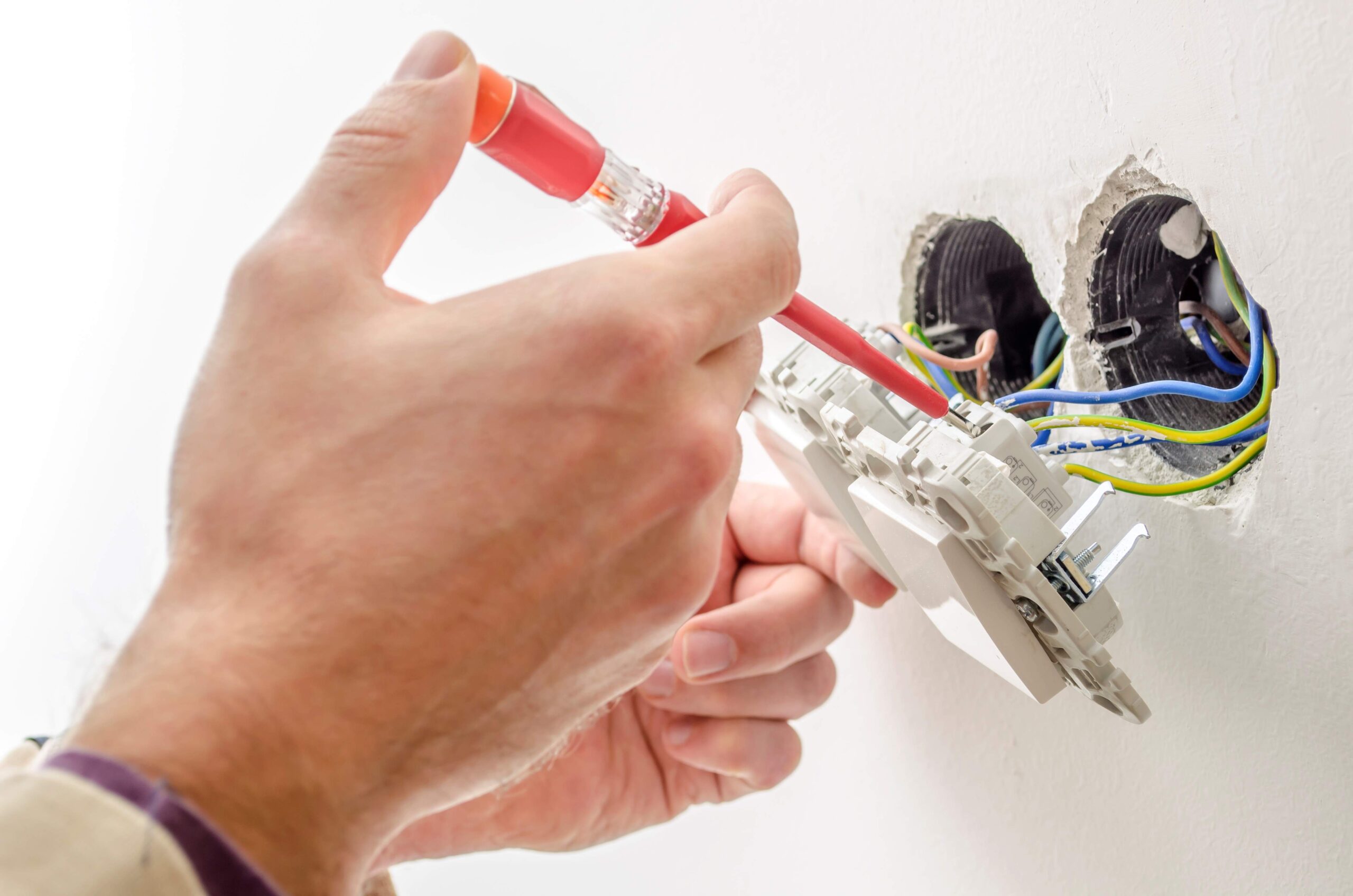
Professional House Wiring Inspection
A thorough inspection of your home’s electrical system is crucial for safety and efficiency. Professional house wiring inspections can prevent electrical malfunctions, potential hazards, and costly repairs in the future. Such inspections should be routine to ensure the well-being of any residents.
Importance Of Regular Inspections
Electrical system checks keep your home safe and up to code. Well-maintained wiring is essential for the following reasons:
- Detect early warning signs of potential electrical failures.
- Ensure compliance with safety regulations and standards.
- Prevent power outages and appliance breakdowns, saving money and hassle.
- Protect against fire hazards caused by faulty wiring.
- Boost your home’s value and guarantee peace of mind.
Finding A Qualified Electrician
Choosing the right professional is critical. Here’s a simple guide to ensure you find a qualified electrician:
- Verify licensing and credentials for credibility.
- Look for years of experience in skill assurance.
- Check customer reviews and ratings for performance insights.
- Confirm insurance coverage to protect your property.
- Compare quotes from multiple electricians for the best deal.
Diy House Wiring Tips
Embarking on a DIY house wiring project can be both exciting and cost-effective. Understanding the basics of wiring and taking the appropriate safety measures is crucial. Whether you’re installing a new light fixture or replacing an old outlet, these tips will help you wire your house like a pro.
Basic Tools You Need
Before you start, make sure you have the right tools:
- Wire Strippers: Vital for removing insulation from wires.
- Voltage Tester: Ensures circuits are not live before you work.
- Screwdrivers: Flathead and Phillips head in various sizes.
- Needle-nose Pliers: Useful for bending wires and reaching into tight spaces.
- Wire Nuts: For securing wire connections safely.
- Electrical Tape: Insulates and protects wire connections.
- Cable Ripper: Simplifies the task of cutting cable sheathing.
Safety Precautions To Follow
Stay safe with these important tips:
- Turn Off Power: Always cut the power at the circuit breaker before starting.
- Double-check: Use a voltage tester to confirm the power is off.
- Insulated Tools: Use tools with insulated handles to prevent electric shocks.
- Never Work Alone: Have someone nearby in case of emergencies.
- Use Safety Gear: Wear goggles and gloves as extra protection.
- Check Local Codes: Wiring should always meet local electrical codes.
Conclusion And Recommendations
Safety and efficiency are key in our homes, especially when it comes to electrical systems. Making sure we have high-quality house wiring is crucial. As we wrap up, let’s consider some final pieces of advice to maintain a safe and functional home environment. Proper wiring and regular maintenance are investments for our peace of mind.
Emphasizing The Importance Of Proper House Wiring
Safe and reliable house wiring forms the backbone of our electrical system. It prevents hazards and ensures devices run smoothly. We must install the right type of wiring suitable for each area. For high-moisture zones like kitchens, ground fault circuit interrupter (GFCI) outlets are essential. Choose heavy-duty wiring for appliances that draw more power, such as air conditioners.
- Use certified cables that meet local codes.
- Opt for copper wires over aluminum for conductivity and durability.
- Childproof outlets in households with little ones.
- Keep wires organized to prevent damage and overheating.
Scheduling Regular Maintenance Checks
Regular checks keep your house wiring in top condition. They help detect early signs of wear and tear. A licensed electrician should inspect your home’s electrical wiring every few years. They will test the system’s safety and functionality.
- Look for overheating signs, such as discolored outlets or switch plates.
- Listen for buzzing noises that indicate loose connections.
- Feel for warmth in wall surfaces, which could mean faulty wiring.
- Note if lights flicker, which may signal a potential hazard.
Act on these checks without delay to maintain a safe home. Update any outdated wiring systems. Modernize circuits to cater to increasing electrical loads. With these measures, your house wiring will align with current safety standards.
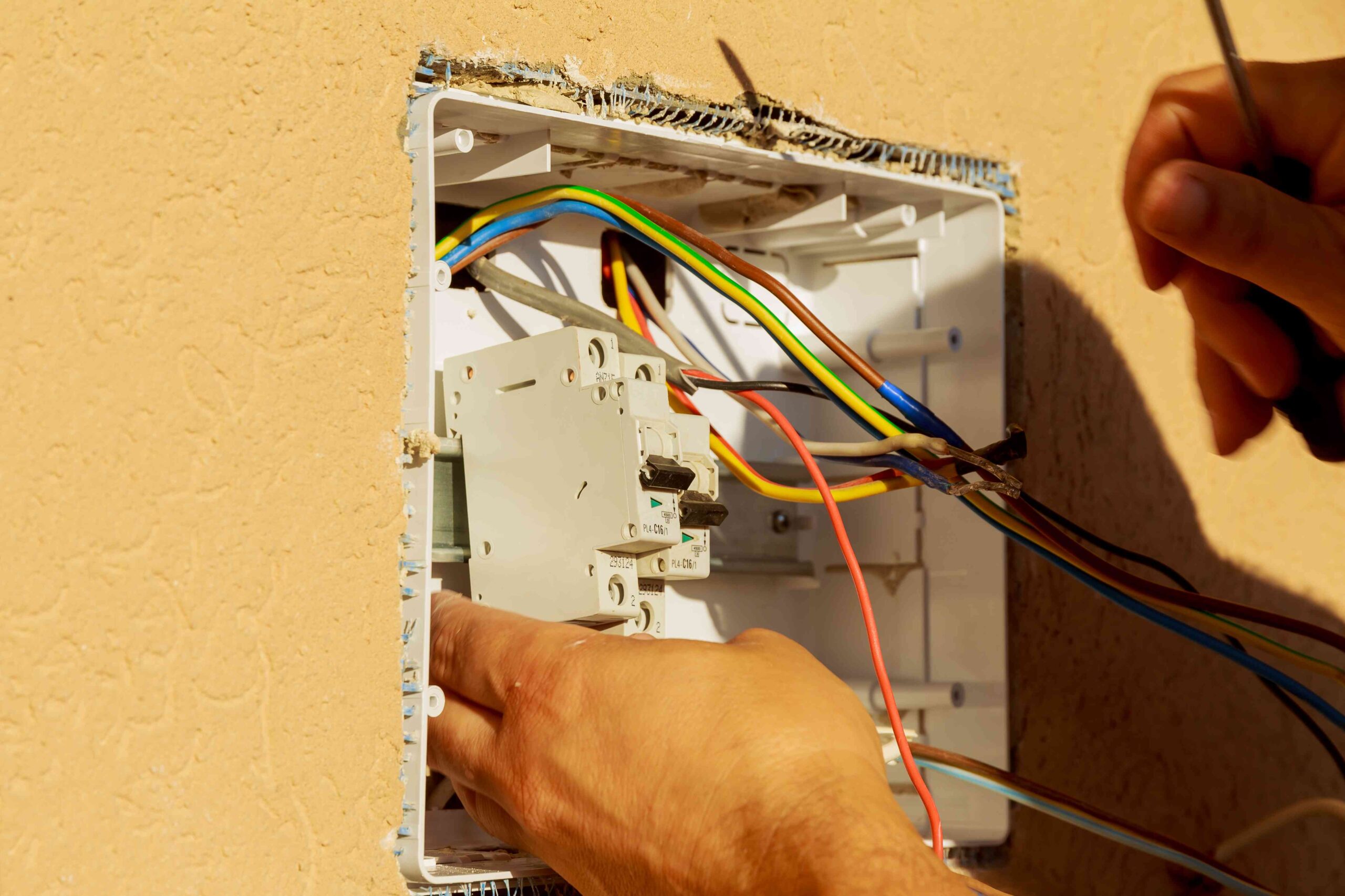
Frequently Asked Questions On House Wiring
What Is The Proper Way To Wire A House?
Wiring a house requires following local electrical codes, using the correct wire gauge, employing a color code for safety, securing cables properly, and connecting fixtures and outlets precisely. Always hire a certified electrician for safe and compliant installation.
What Type Of Wiring Is Used In Homes?
Homes typically use non-metallic (NM) cable wiring, also known as Romex, for interior electrical systems.
What Are The 3 Wires In A House?
The three wires in a house are live (hot), neutral, and ground. The live wire carries current, while the neutral completes the electrical circuit. The ground wire enhances safety by preventing electric shock.
What Are The Basics of House Wiring?
Basic house wiring entails a proper connection of wires to the circuit breaker, outlets, and fixtures. You must use correct wire gauges, adhere to local codes, ensure grounding, and protect against overload with proper fuses or breakers.
Conclusion
Navigating the complexities of house wiring can be daunting. Yet, with the right knowledge and tools, it’s manageable. Remember, safety and standards should never be compromised. For more in-depth guidance and professional advice, always reach out to certified electricians. Craft your electrical sanctuary; let’s power up your home safely and smartly.

